You check your bank account, and there it is—$5,000 you never expected. No explanation. No warning. Just sitting there, waiting to be spent. For a split second, you wonder: Is this my lucky day? But before you start planning a shopping spree, there’s one crucial question—can you legally keep the money?
The Short Answer: No, You Can’t Keep It
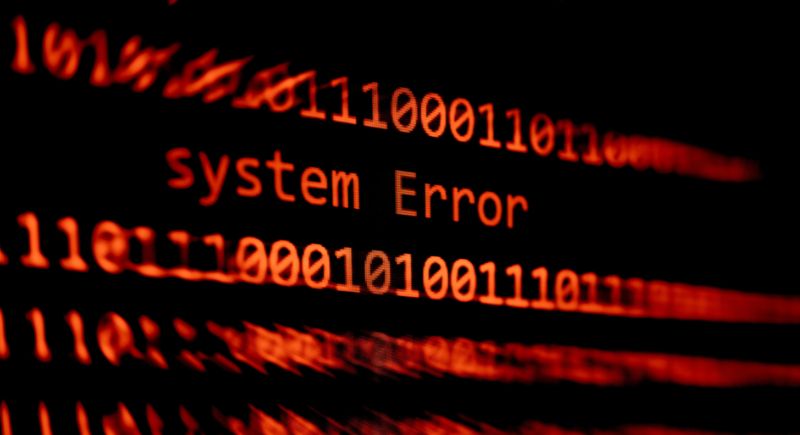
Credit: Getty Images
Keeping money that isn’t yours, even if it appears in your account by mistake, is illegal. Banks have the right to reclaim accidental deposits, and spending the funds could result in legal trouble. The best course of action is to report the error to your bank immediately.
Why Do Banks Make Errors?
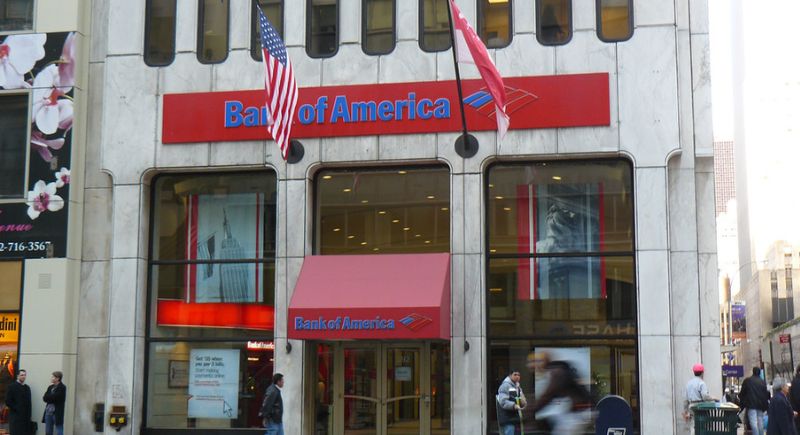
Credit: flickr
With millions of transactions processed daily, banking mistakes are inevitable. Human error, duplicate transactions, misrouted transfers, and system glitches can all lead to accidental deposits. Having said that, banks always track their funds and will correct these mistakes.
Can a Bank Reverse an Accidental Deposit?
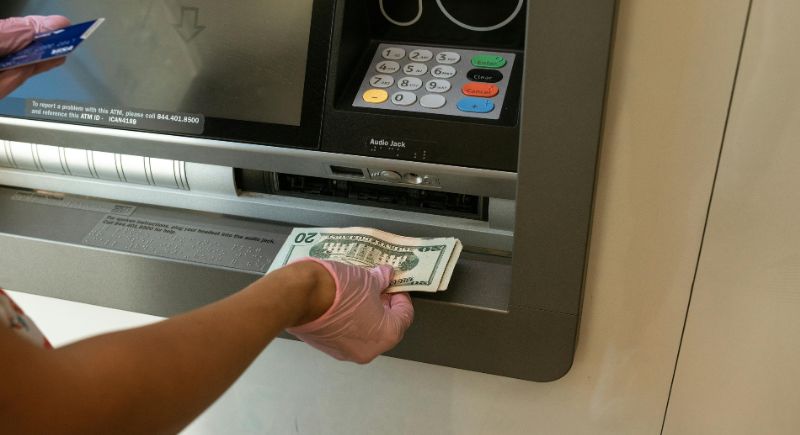
Credit: pexels
Yes. Banks have the legal authority to reverse an incorrect deposit at any time. Even if the money has already been spent, they will still withdraw the funds and maybe even leave you with a negative balance and overdraft fees.
Is Keeping an Accidental Deposit Considered Theft?
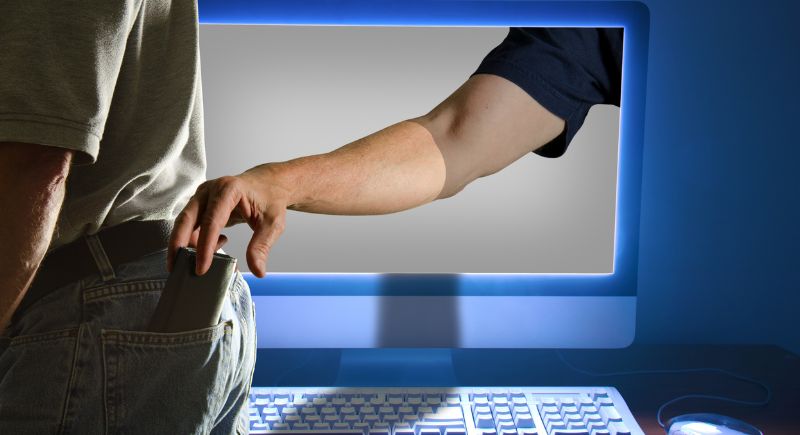
Credit: Getty Images
Keeping or spending money mistakenly deposited into your account can be classified as theft, fraud, or unjust enrichment. These are serious legal offenses that could result in civil lawsuits or even criminal charges.
What Happens If You Spend the Money?
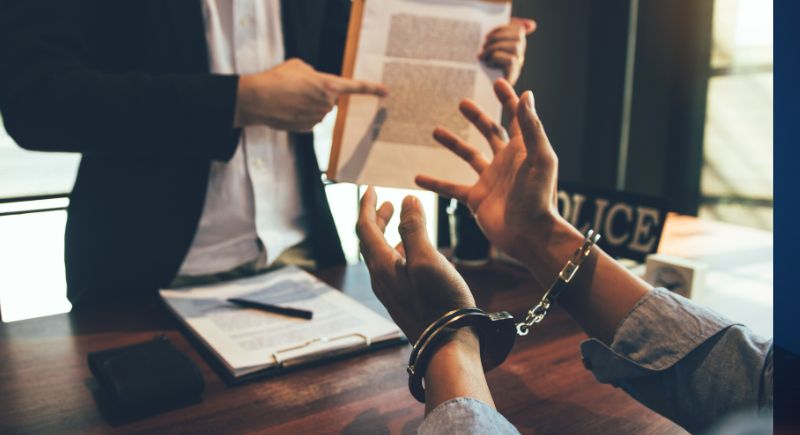
Credit: Canva
Once the bank detects the error, they will remove the funds from your account. If you’ve already spent it, you may face overdraft fees and be required to return the money. Some cases have even led to arrests and felony theft charges.
Real-World Consequences of Keeping Mistaken Deposits
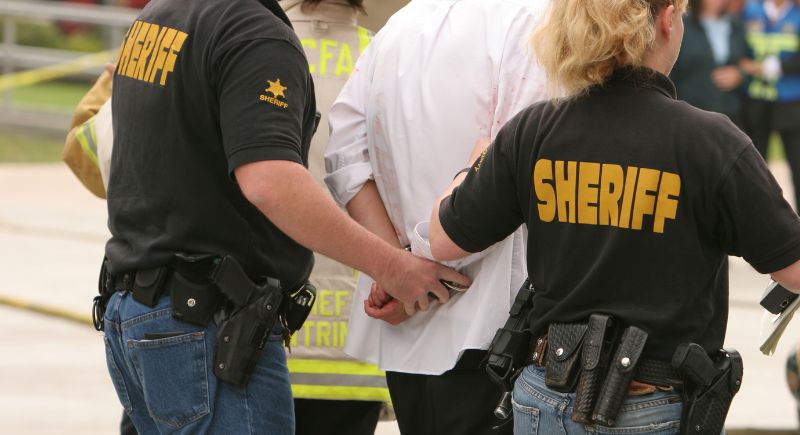
Credit: Getty Images
Speaking of arrests, in 2019, a Pennsylvania couple received an accidental deposit of $120,000. Instead of returning it, they went on a spending spree. When the bank requested repayment, and they couldn’t return the funds, they were charged with felony theft.
Is There Anything You Can Do If You Receive an Accidental Deposit?

Credit: Corelens
The best course of action is to leave the money untouched and contact your bank immediately. Acting quickly can help prevent complications and protect you from financial and legal consequences.
Document Your Communication

Credit: Dragon Images
Keep a record of every interaction with your bank. Write down the date and time of your call, the name of the representative you spoke with, and any confirmation numbers. These details could protect you in case of future disputes.
Monitor Your Account for Errors

Credit: Getty Images
Even after the bank corrects the mistake, keep an eye on your account to ensure no further errors occur. System glitches can sometimes cause additional adjustments.
What If You Already Spent the Money?

Credit: Gpoint Studio
If you’ve accidentally used any of the funds, act fast. Call your bank immediately to explain the situation and discuss repayment options. Avoid withdrawing more money, as this could worsen the problem.
Ignoring the Mistake Won’t Make It Go Away

Credit: pexels
Hoping the bank won’t notice the error is a risky move. Banks have multiple safeguards in place to track funds, and they will recover their money—either through automatic reversals or legal action.
The Financial and Legal Risks of Keeping the Money
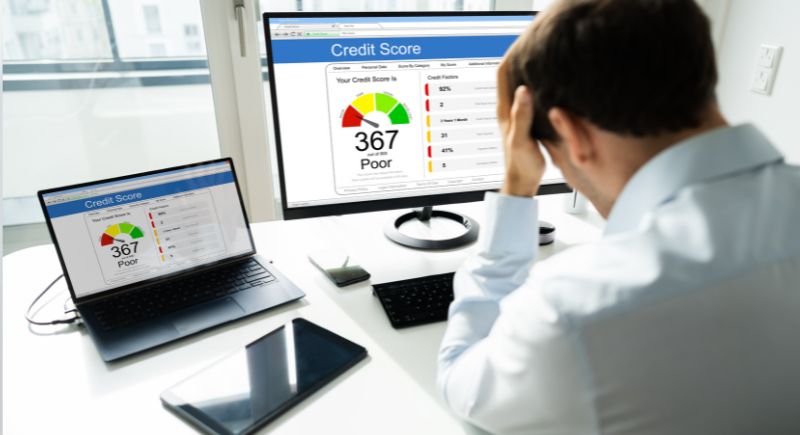
Credit: Getty Images
Beyond overdraft fees, lawsuits, and potential criminal charges, keeping an accidental deposit can damage your financial record. A banking dispute over unreturned funds could impact your credit and banking history.
